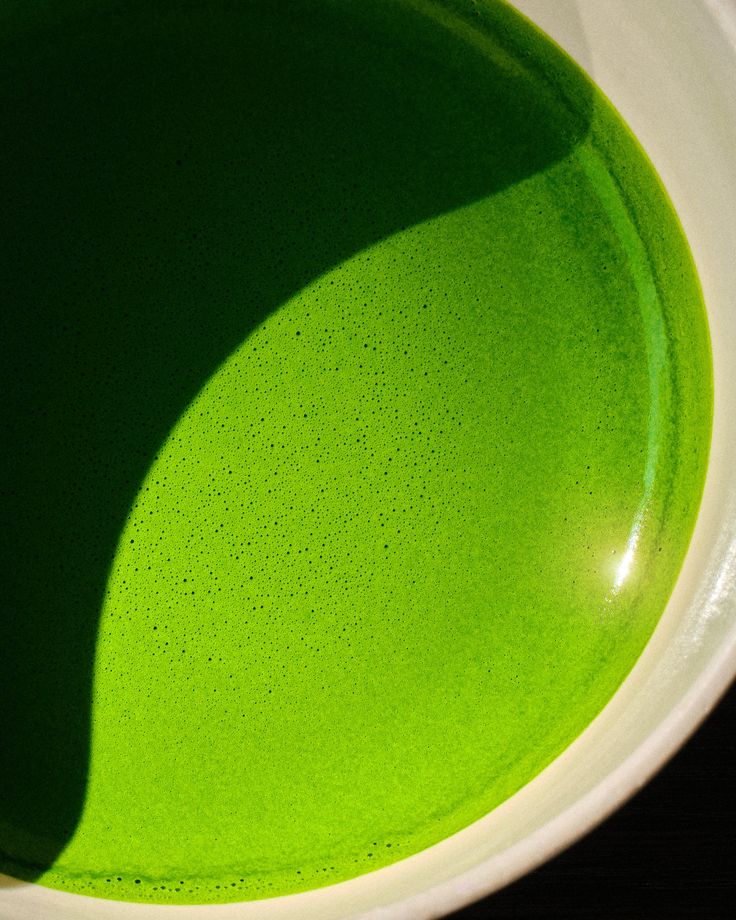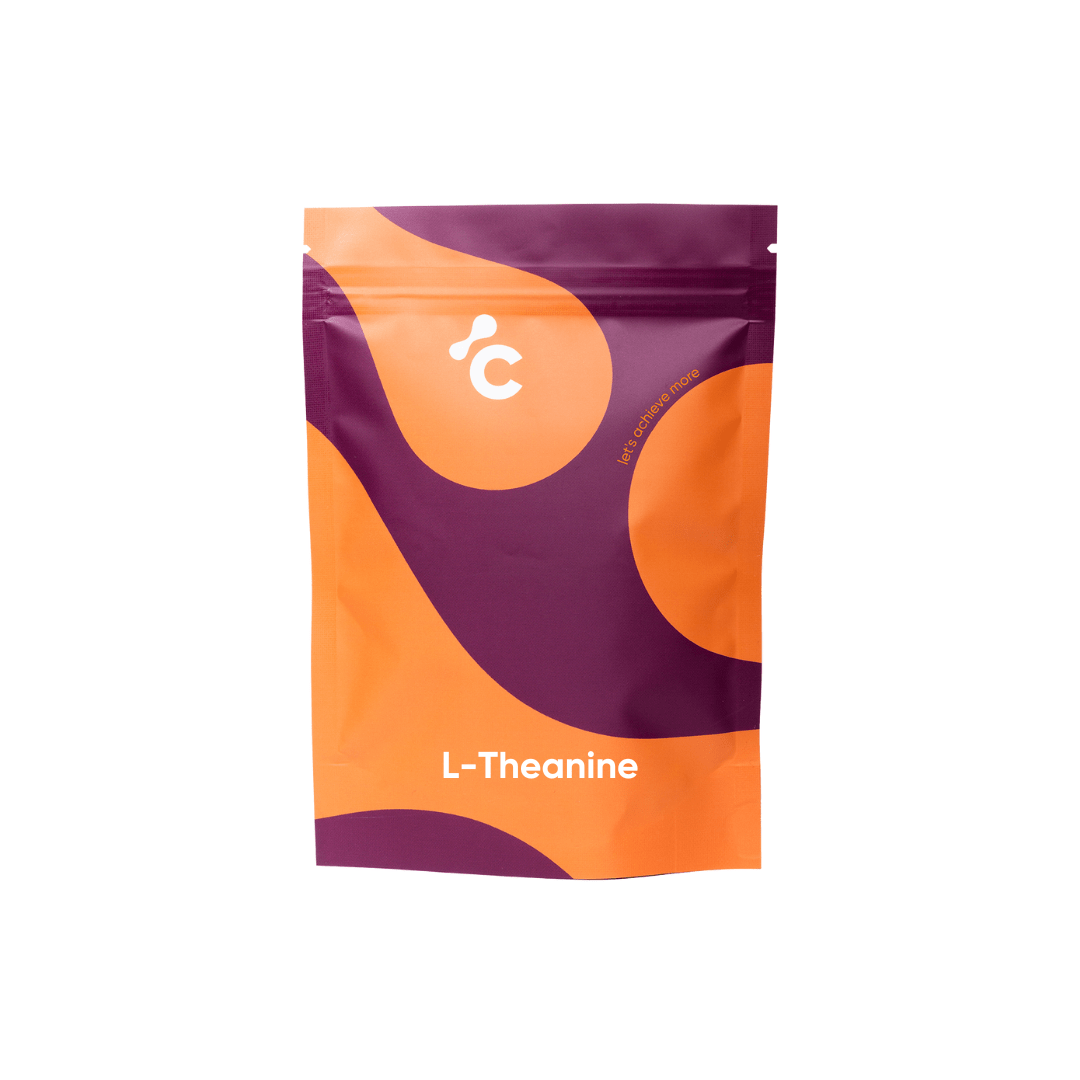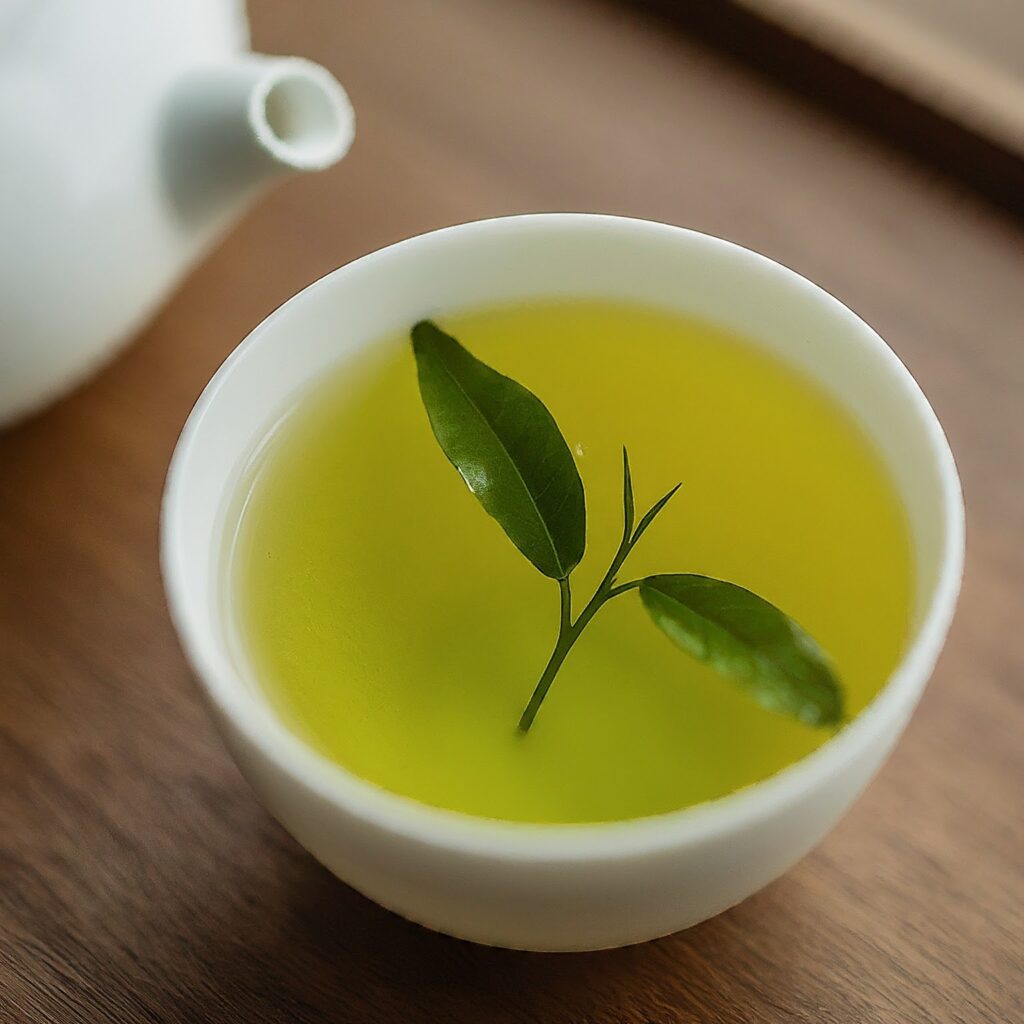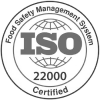Does Matcha Contain More L-Theanine Than Tea?

In recent years, matcha has surged in popularity among health enthusiasts and tea lovers alike, standing out for its unique preparation method and vibrant green color. However, what sets matcha apart from traditional green tea is not just its visual appeal but also its composition. Unlike regular green tea, matcha contains notably higher levels of L-theanine, an amino acid renowned for its potential calming effects on the mind and body. This article delves into discussions from Reddit and Quora to explore the significance of matcha’s elevated L-Theanine content and its implications for health and well-being.
Table Of Contents
L-Theanine Levels in Matcha vs. Regular Tea
Matcha does contain more L-Theanine than traditional green tea, primarily due to its unique cultivation and processing methods. The shading of tea bushes before harvest enhances L-Theanine production, and the entire leaf is ground into a fine powder, retaining all nutrients, including L-Theanine. Scientific studies support this, with research showing significantly higher levels of L-Theanine in matcha compared to brewed green tea. Furthermore, the powdered form of matcha ensures greater bioavailability of L-Theanine. Therefore, for those seeking higher levels of L-Theanine intake, matcha may be a preferable option over traditional green tea.
Scientific Research on L-Theanine in Matcha
Exploring how much L-Theanine matcha really has, scientists have done some studies that help us understand better. Two important pieces of research tell us about the amount of L-Theanine you can find in matcha, which is a special kind of green tea powder. According to research by Kaneko et al., the L-Theanine in matcha tea infusions is approximately 6.1 mg per liter. On the other hand, Unno et al. reported finding up to 44.65 mg of L-Theanine per gram in samples of matcha tea.
What is L-Theanine?
L-Theanine is an amino acid found predominantly in tea leaves. It is often discussed for its potential to promote a state of calm alertness, though without directly inducing drowsiness. Its presence in both green and black tea, and especially in matcha, has made it a popular subject for those exploring the benefits of tea consumption on wellbeing.
What is Matcha?
Matcha is a finely ground powder made from specially grown and processed green tea leaves. Unlike regular green tea, which is infused in water, matcha involves consuming the whole leaf in powdered form. This unique preparation allows drinkers to ingest a more concentrated version of the tea, potentially amplifying its natural components.
Overview of User’s Insights on L-Theanine in Matcha
Exploring the depths of online forums reveals a consensus among tea enthusiasts: matcha stands out for its L-Theanine content. “Okay, nerd mode activated! … Now, matcha is basically powdered green tea leaves, which means you’re consuming the entire leaf… matcha tends to have a higher concentration of L-Theanine compared to regular brewed green tea,” shares a researcher, highlighting how the unique consumption of matcha’s entire leaf amplifies its L-Theanine levels.
- Higher Concentration in Matcha: The unanimous voice from the discussions points to matcha’s superior L-Theanine concentration, a direct result of ingesting the whole leaf in its powdered form.
- Shading Technique: The art of shading tea plants before harvest is a tradition not overlooked by users. This method is credited with significantly enhancing matcha’s L-Theanine content, offering a richer experience.
- Experience of Calm Focus: The blend of calm and focus matcha delivers is cherished among users. This balanced state is largely attributed to its L-Theanine, offering a natural “chill pill” effect.
Benefits of L-Theanine in Matcha Based on User Discussions
The dialogue among matcha drinkers offers a window into the personal impacts of L-Theanine in their daily lives. “I take l-theanine and drink matcha every day and I am never jittery unlike when I drink coffee,” shares one user, reflecting on the distinct advantages matcha brings.
- Enhanced Focus: The community often discusses the notable improvement in focus and concentration afforded by matcha, thanks to the L-Theanine and caffeine duo.
- Calmness Without Drowsiness: Achieving relaxation without the sleepiness is a prized aspect of matcha. This quality makes it an ideal choice for those in search of serenity alongside alertness.
- Sustained Energy: Users appreciate the gentle energy curve matcha provides, contrasting with the highs and lows of other caffeinated beverages, attributing this steadiness to L-Theanine.
- Anxiety Reduction: The anecdotal evidence suggests a role for L-Theanine in easing anxiety, with matcha offering a smoother experience compared to other sources of caffeine.
It’s important to remember that while the experiences shared here reflect individual outcomes and perceptions, they may not universally apply. Always seek professional medical advice to ensure any actions taken are in line with your specific health needs and conditions.
Considerations When Consuming Matcha for L-Theanine
While the benefits of matcha and L-Theanine are celebrated, users also share important considerations. “With matcha, just take it slowly because it is classified as a stimulant… Just sip it slow,” advises one, highlighting mindful consumption practices.
- Caffeine Sensitivity: The interplay of L-Theanine and caffeine in matcha is a point of consideration, especially for those with sensitivity to caffeine’s effects.
- Quality Matters: The discussions underscore the importance of matcha quality, with ceremonial grade often recommended for its higher L-Theanine content.
- Moderation is Key: Emphasizing moderation, users suggest a balanced approach to enjoying matcha, mindful of the potential for excessive caffeine intake.
Disclaimer
This article aims to share insights and experiences related to the L-Theanine content in matcha, as discussed by users across various platforms. It is important to clarify that the information presented here does not serve as medical advice or a guideline for consumption. Before incorporating matcha or any supplement into your diet, especially for its L-Theanine content, it is crucial to proceed with caution.
Sources:
https://www.reddit.com/r/Nootropics/comments/7q9o8g/ltheanine_matcha_too_much/
https://www.quora.com/Does-matcha-contain-more-L-theanine-than-regular-green-tea






